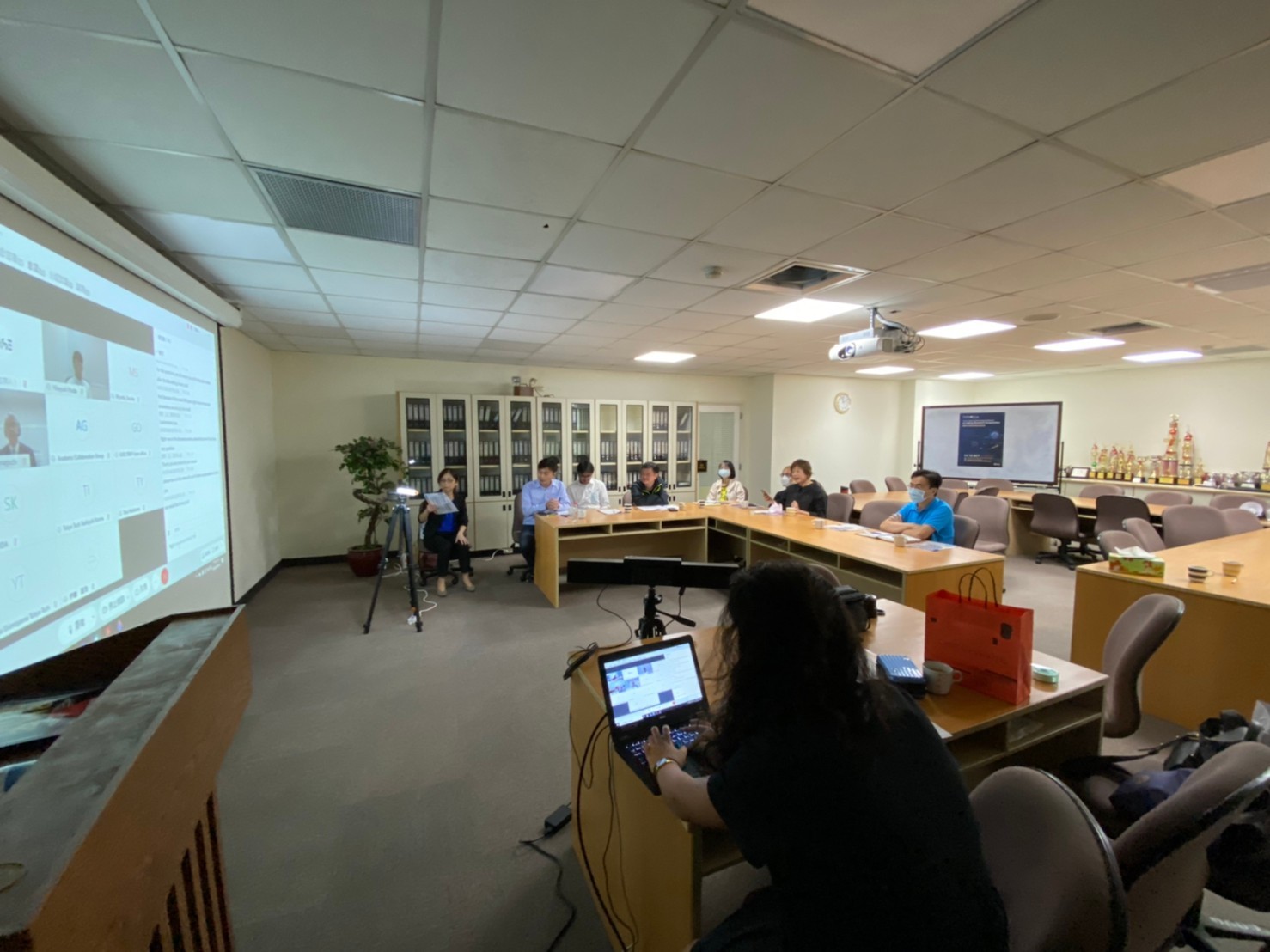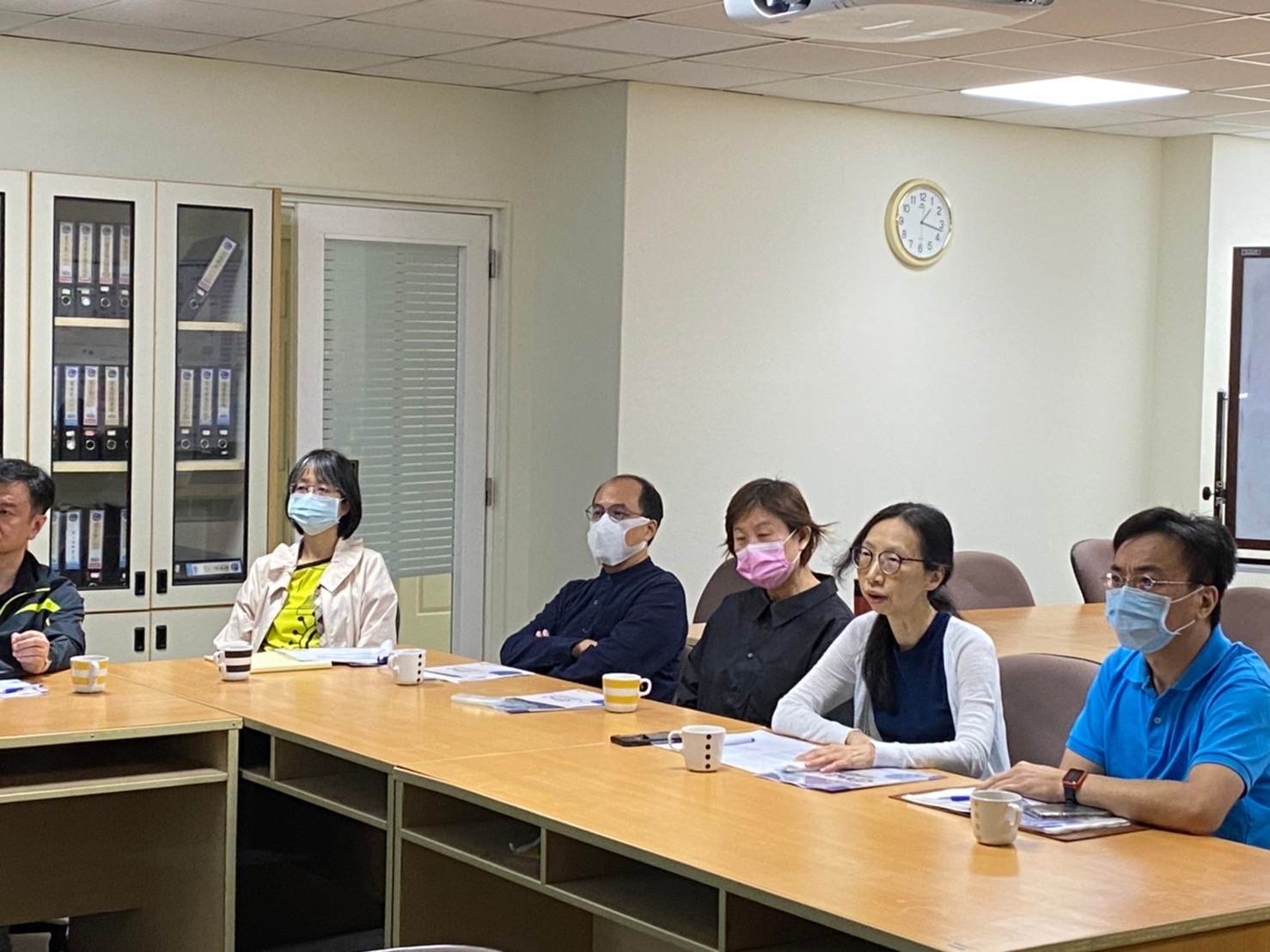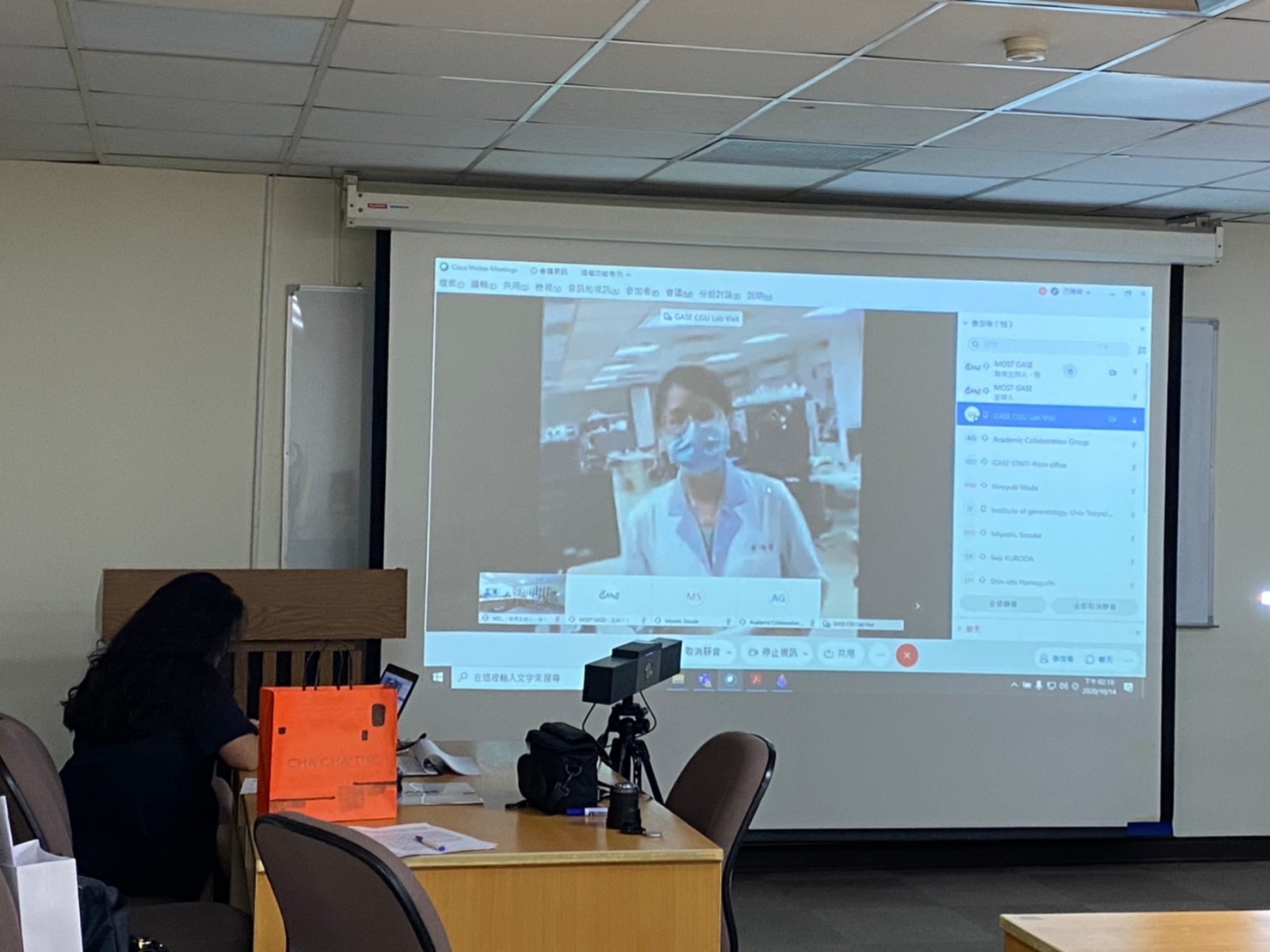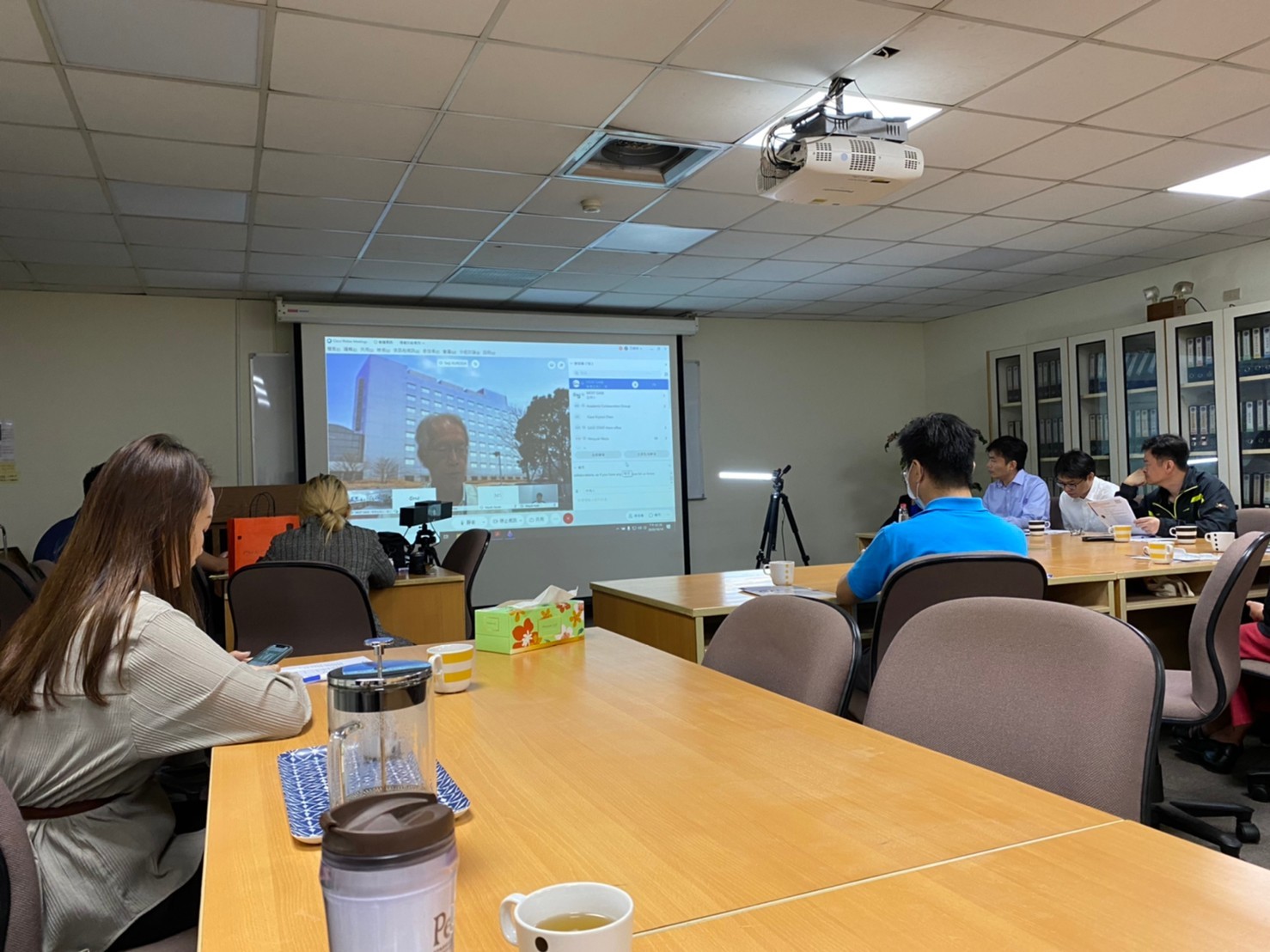109.10.14:Taiwan-Japan Matchmaking Conference on Aging Research Cooperation
14.OCT-15.OCT, 2020TAIPEI, TAIWAN
TAIWAN-JAPAN MATCHMAKING CONFERENCE ON AGING RESEARCH COOPERATION
See The Future with Assisted Living Technology
About Event
In 2019, GASE organized an academic partnership visit for Taiwan’s universities to explore future collaboration with top-notch research institutes in Japan. This year, despite being affected by the pandemic, GASE will continue to work as a network platform for Taiwan and international research institutions and academic units.
GASE would especially express our appreciation to all the participants from Taiwan and Japan leading research institutes and universities to join this Taiwan-Japan Matchmaking Conference to share emerging technologies and special research programs as well as discover research cooperation opportunities between both countries. The conference includes delegates’ research presentations, joint discussions and matchmaking talk sessions for the field of Life Science, Material Science and Nanotechnology. We welcome participants from different fields and perspectives to join forces together to see the future of the Aging Society and establish future research collaboration on Aging Science & Technology.
About GASE
The Ministry of Science and Technology (MOST) Center for Global Affairs and Science Engagement (GASE), launched on November 2018, plays a critical role in facilitating global partnerships with diverse scientific research institutions. GASE is a joint initiative by MOST and National Taiwan University (NTU). Designed as a university- centered structure with 15 university members on the Steering Committee, the goal of GASE is twofold: first, to elevate Taiwan’s engagement with international research community; second, to nurture and empower local researchers.
This conference is part of GASE’s FORMOSA+ program, a series of event programs (Global Expert / Youth Networking / Staff Training) that invite experts to share their international experiences and exchange their professional knowledge for young scholars, academia administration staffs and researchers. GASE FORMOSA+ series aims to foster global human resources to have active international interactions and strengthen the ability to expand international collaboration.
Center for Biomedical Engineering
Center for Biomedical Engineering, Chang Gung University, Taiwan consists of three groups: Bio-sensor Group, Molecular Functional Imaging Group, and Tissue Engineering Group. We highlight the groundbreaking research of biomedical engineering by the development of state-of-the-art engineering techniques, and it will be the mainstream of academic research in the future.
Bio-sensor group aims to provide rapid and high sensitivity sensing technology for bio-samples including DNA, RNA, and proteins. Molecular functional imaging group focuses on the development of multimodal and multifunctional optical imaging techniques, and utilization of functional ultrasound imaging for diagnoses of liver diseases. Tissue Engineering group focuses on musculoskeletal and ocular tissue engineering. Nanomedicine focuses on intravascular application of magnetic nanoparticles for targeted thrombolysis and multi-functional nanocarriers for targeted delivery of anti-cancer drugs.
Healthy Aging Research Center
Healthy Aging Research Center, HARC, at Chang Gung University was established to fulfill the goals of exploring aging indices at the early stage of aging and investigating factors associated with aging process. The research topics focus on aging biology and aging brain. In aging biology, based on the previous research on the metabolites of heart failure, the goal in the future will be prevention and screening for heart failure. Regarding aging brain, dementia will be the main issue. Along the spectrum of developing dementia from healthy, sub-healthy, preclinical to clinical stage, differences in imaging evidence will be explored to develop and establish precise early screening/diagnostic indicators and predictors of prevention in detention program. We will also explore the possible non-pharmaceutical, health promotion programs or home-based care targeting prevention or intervention for the dementia.
In accordance with these goals, the center expects to promote healthy aging, improve the quality of life in the elderly, delay aging, reduce the social and economic burden, and create industrial value-added applications through industrial transfer and innovation in the care model.




